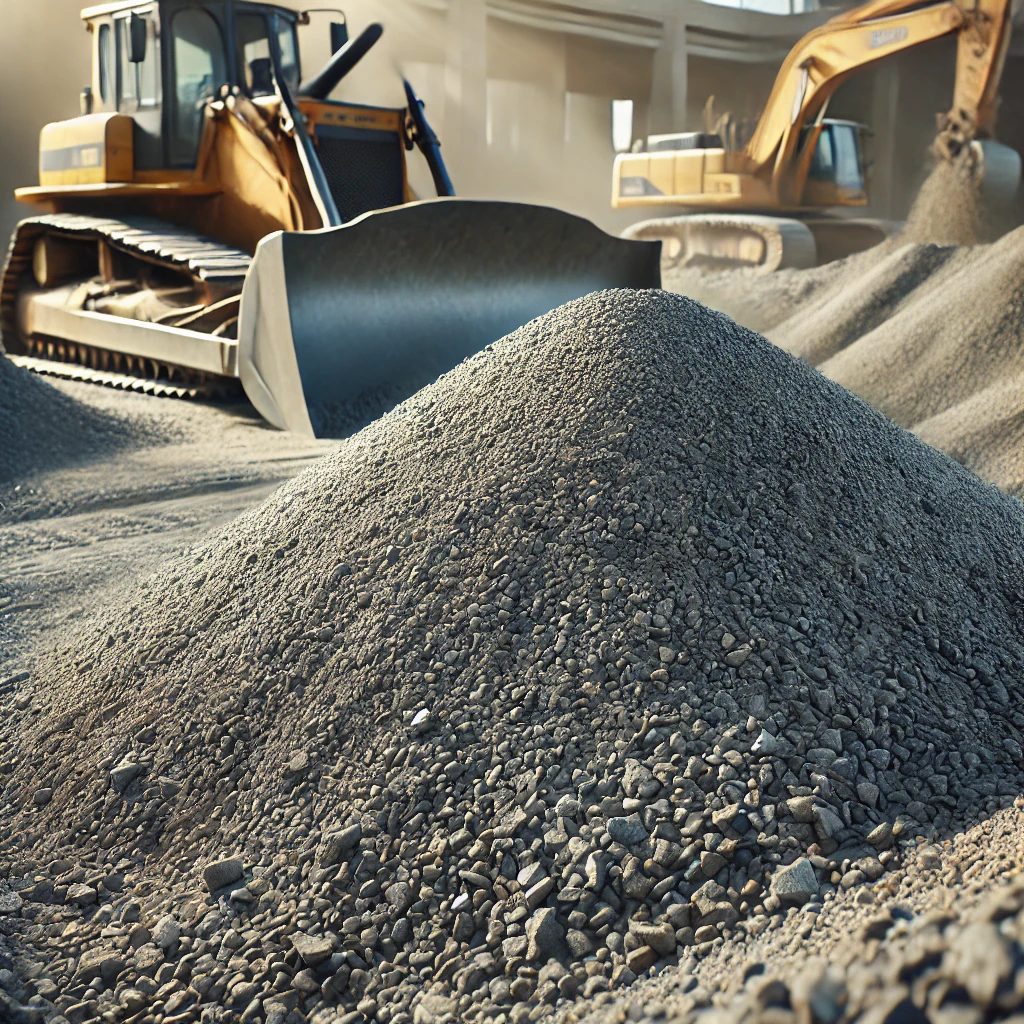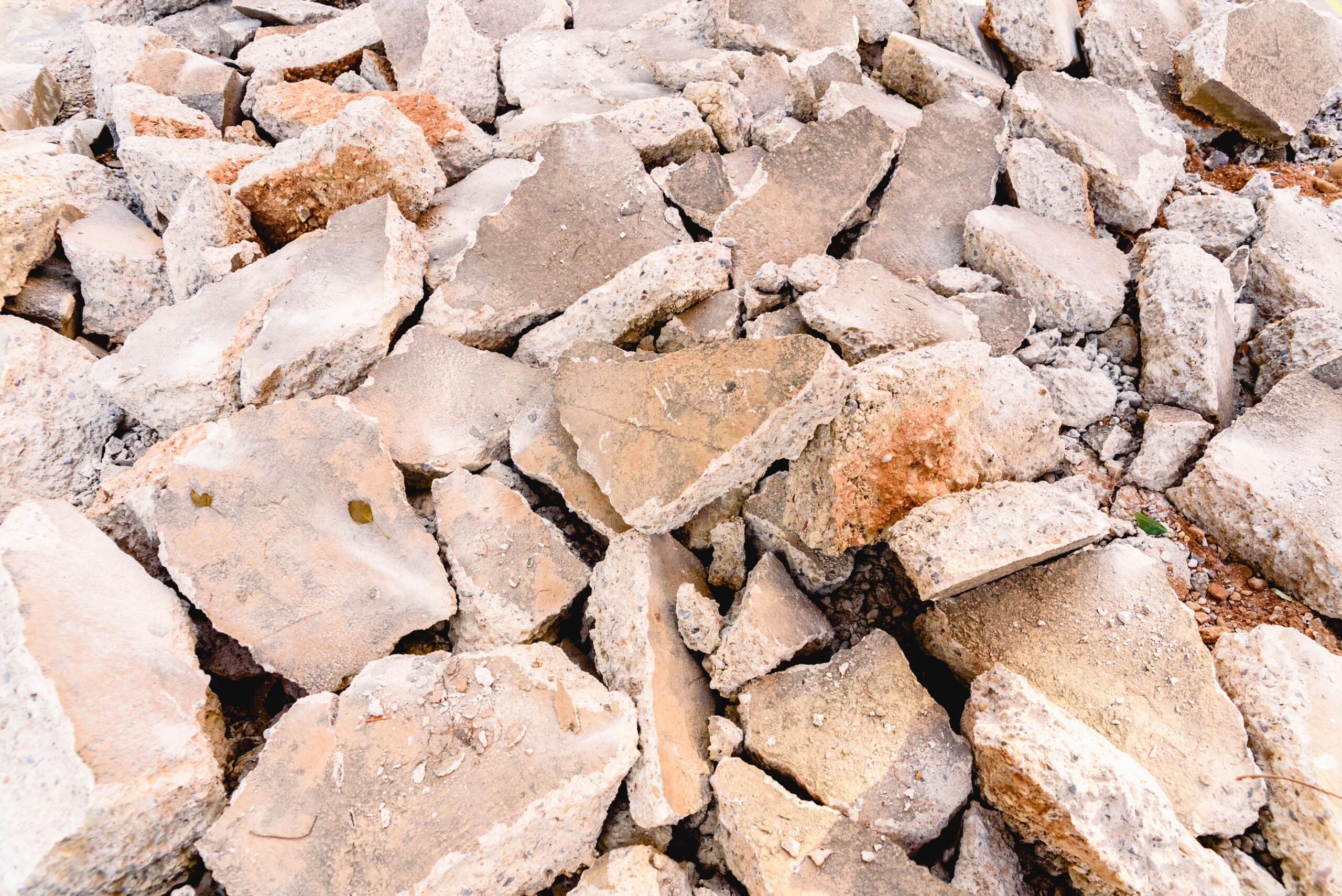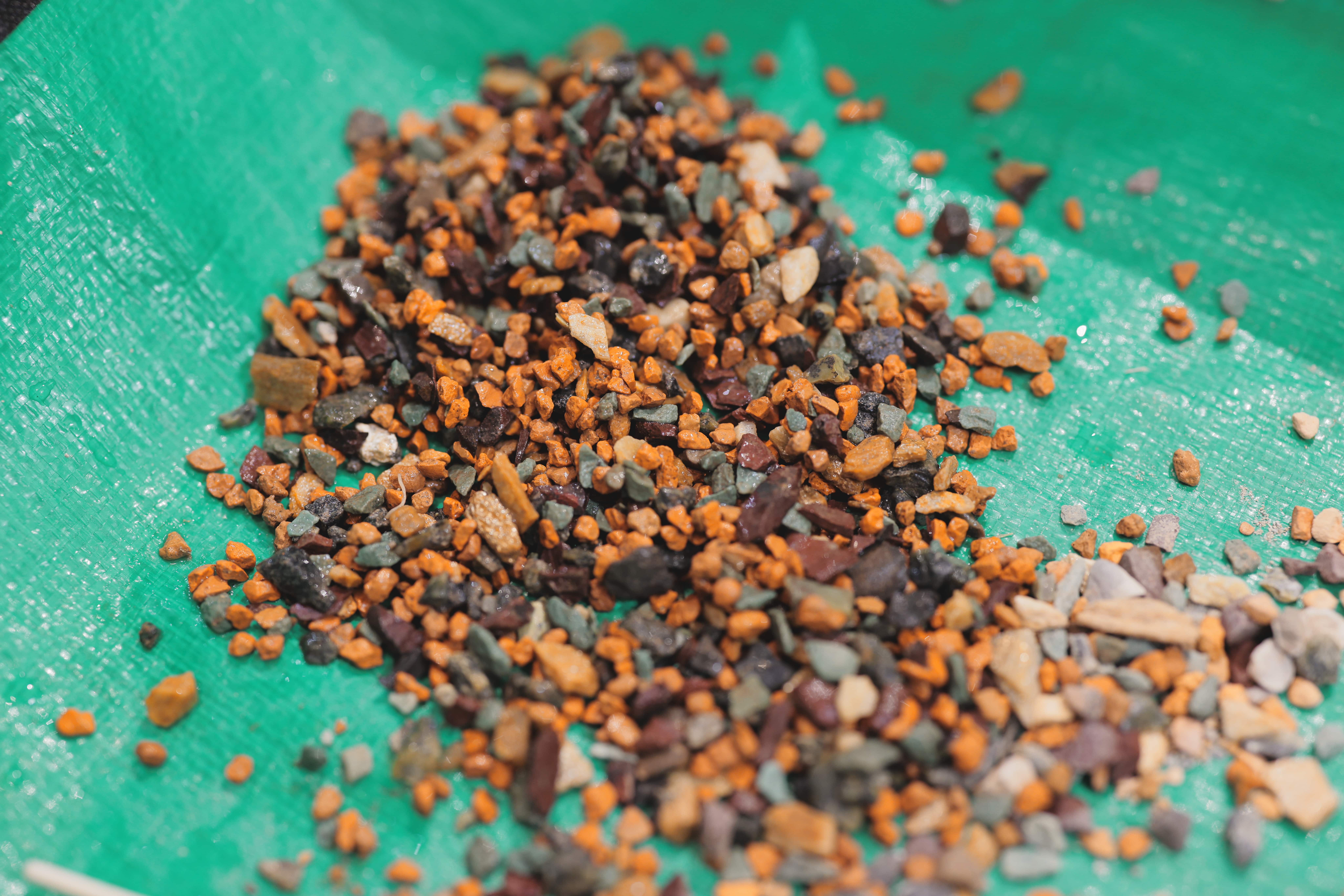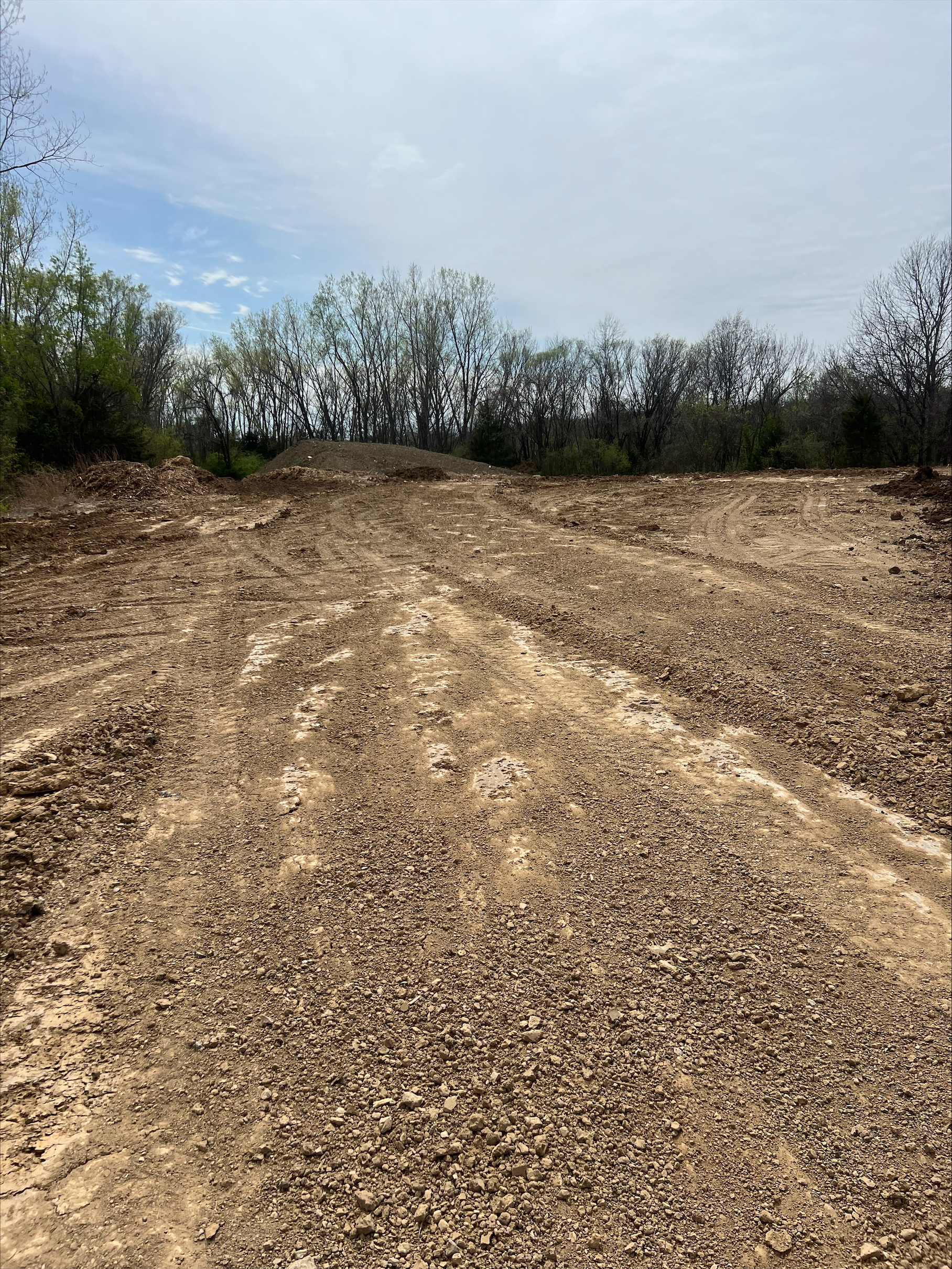How to Choose the Right Type of Fill for Your Construction Project in Philadelphia
Selecting the appropriate fill material is crucial for the success and longevity of any construction project in Philadelphia. The city’s unique soil composition, climate, and regulatory environment necessitate careful consideration of the fill type to ensure structural integrity and compliance with local building codes.
Understanding Different Grades of Fill
Fill materials vary in composition and suitability for different applications. Here are some common types:
- Fill Sand: Composed of fine particles, fill sand is ideal for projects requiring excellent drainage, such as backfilling around pipes or in areas prone to water accumulation. Its ability to compact tightly makes it suitable for creating stable bases.
- Rock Fill: Consisting of larger rocks and boulders, rock fill is used to fill deep voids or elevate land levels. It’s particularly effective in areas susceptible to erosion, providing a sturdy foundation. However, due to its coarse nature, it often requires a top layer of finer material for a smooth finish.
- Clean Fill: This refers to uncontaminated soil free from organic matter, debris, or hazardous substances. Clean fill is versatile and commonly used in various construction projects to improve site elevation or fill depressions. Its inert nature ensures safety for groundwater and the environment.
- Fine-Grained Soil: Including materials like clay and silt, fine-grained soils are easily compacted and provide a firm foundation. However, they are less ideal for areas requiring significant drainage due to their lower permeability.
Applications of Different Fill Types
- Foundations: For building foundations, a well-compacted base is essential. Materials like clean fill or fine-grained soils are often used to provide a stable platform, ensuring the structure’s longevity.
- Road Construction: Roadways require materials that offer both stability and drainage. Fill sand is commonly used to create a solid sub-base, while rock fill may be employed in areas needing additional reinforcement.
- Landscaping: In landscaping projects, clean fill is ideal for leveling terrain or creating gentle slopes. Its purity ensures that plants and grass can grow without contamination concerns.
Compliance with Philadelphia Building Codes
Philadelphia’s building codes mandate that fill materials be free from organic material and construction debris. The final surface should be graded to ensure proper drainage and eliminate water accumulation points.
Additionally, backfill materials must be free from discarded construction material and debris, ensuring a stable and safe foundation for structures.
Ensuring Project Success
To ensure the success of your construction project in Philadelphia:
- Conduct Soil Testing: Before selecting a fill material, perform soil tests to determine the existing soil’s properties and identify the most compatible fill type.
- Consult Local Regulations: Familiarize yourself with Philadelphia’s building codes to ensure compliance. Non-compliance can lead to project delays, fines, or structural issues.
- Source Quality Materials: Utilize reputable suppliers to obtain clean, uncontaminated fill materials. This not only ensures compliance with regulations but also guarantees the longevity and safety of your project.
- Professional Consultation: Engage with civil engineers or soil specialists to receive expert advice on the best fill material for your specific project needs.
By carefully selecting the appropriate fill material and adhering to local regulations, you can ensure the structural integrity and success of your construction project in Philadelphia. Find more information about select fill on our website Borrow-Pit.




